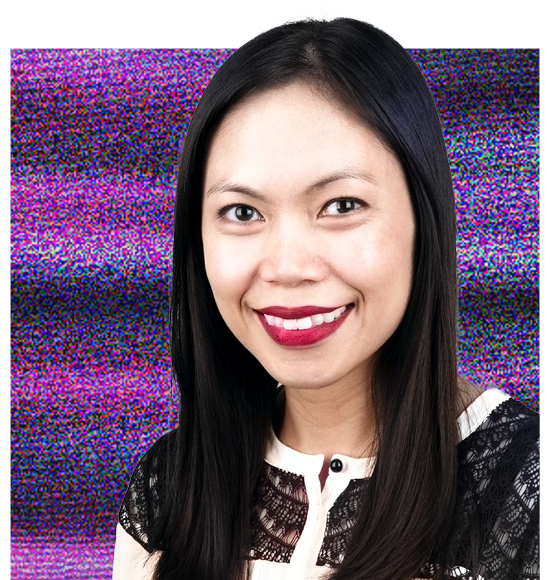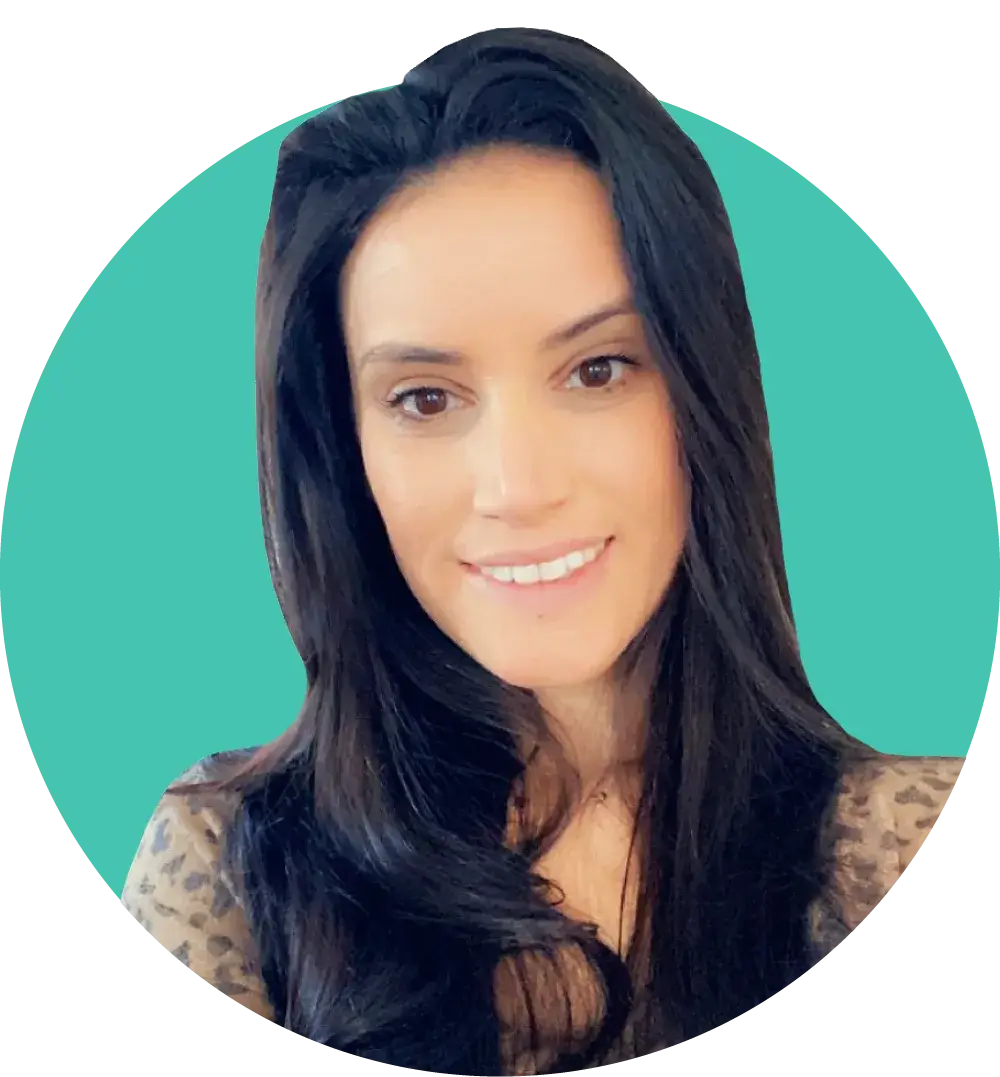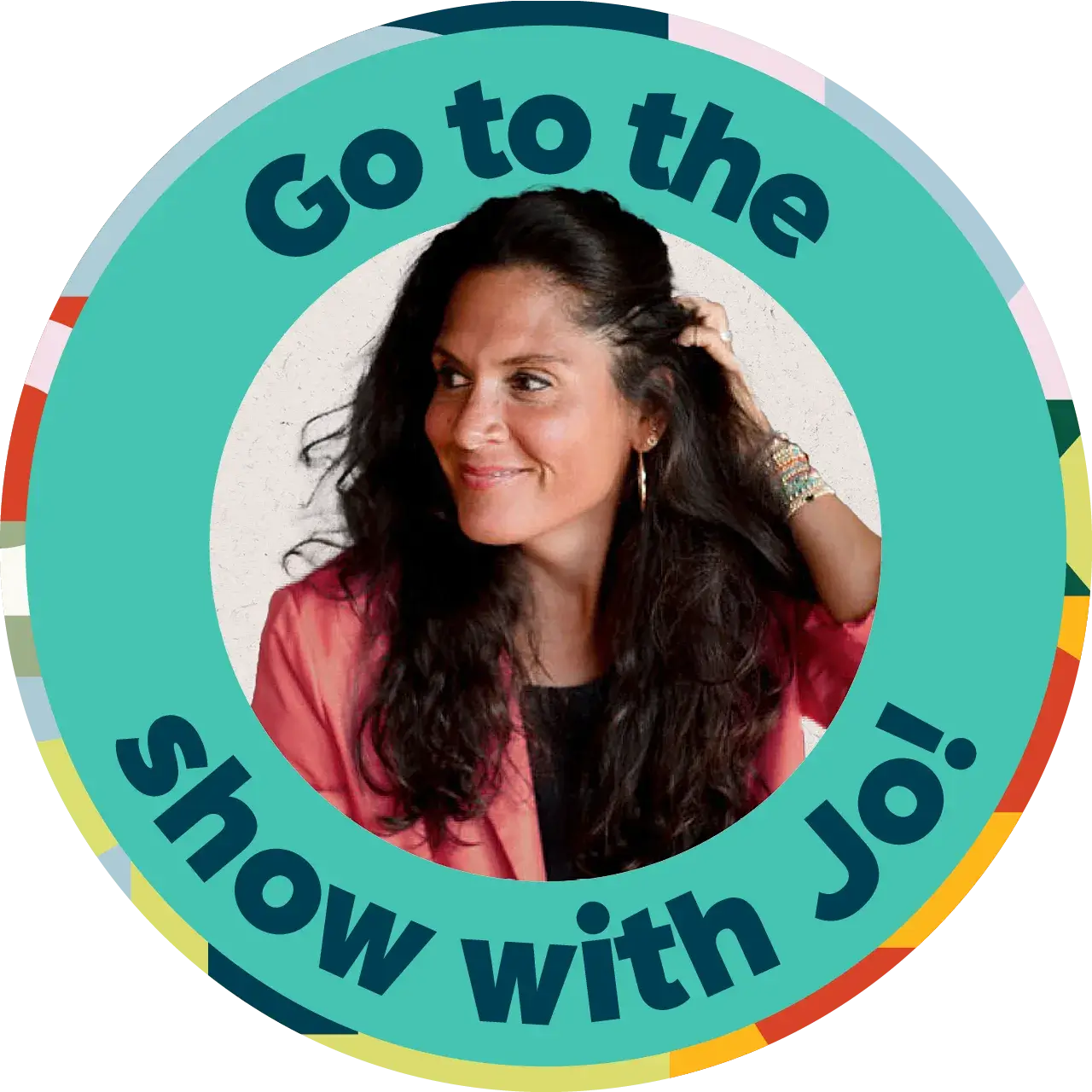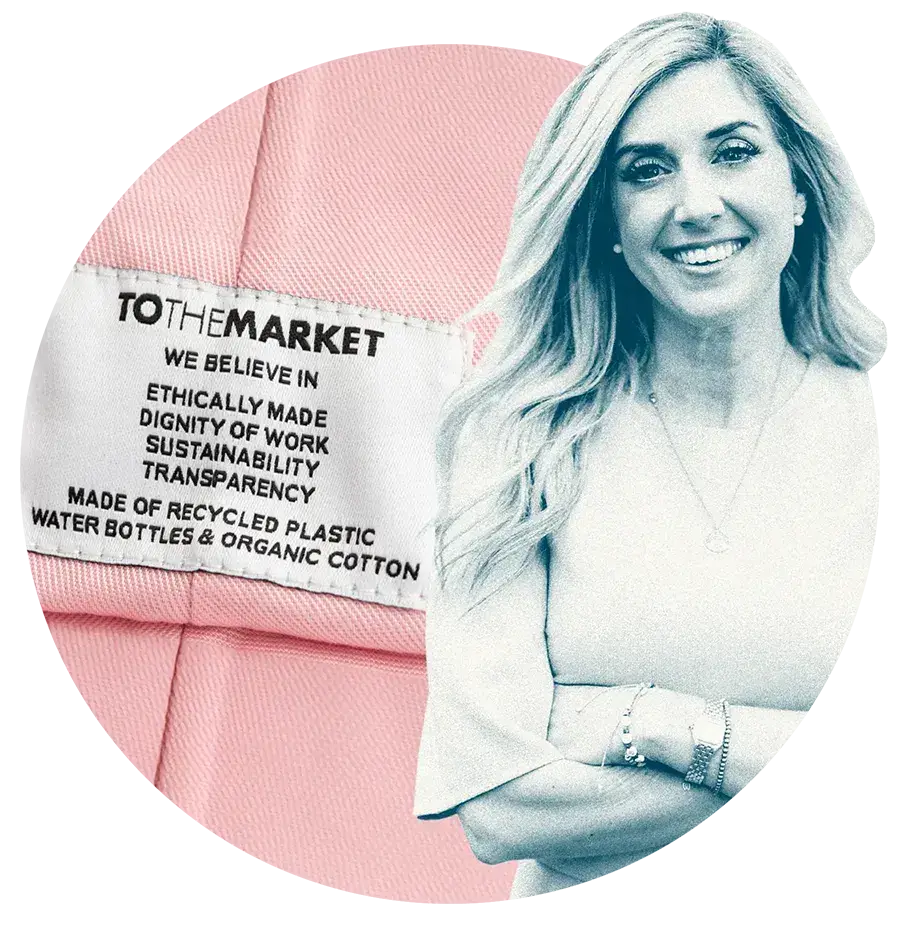

It’s time to make diversity the norm and not a buzzword or an exception to the unspoken rules of business.
We know this is important to you because it’s also important to us. So we chatted with Genumark’s Manager of People & Culture, Jean Stefanazzi, about how we can all, collectively, make this a reality. With a wealth of experience and knowledge in human resources (a term that she would love to change – keep reading to find out why!) and one of the heads of our DEIB taskforce, Jean is helping to shape how we work for decades to come, both inside and outside of our office walls.
Why is diversity so important to talk about?
A diverse workplace should be normal and should be the baseline for every company, but unfortunately, we are not at that point yet. But if you look around, a diverse world is what we live in, so why doesn’t the business world always reflect that? By continuing to talk about it, I hope that soon it will be something we don’t even have to think about; it will just be the norm.
What does a diverse workplace look like to you?
It is about all of us being able to show up as we are. Appreciating that everybody has a unique experience and, therefore, a unique outlook on the world that shapes how they move through it is something we need to strive for. You don’t necessarily have to understand their experience, but just appreciate it and acknowledge that it exists. Everyone is different, and everyone has a different way of approaching work; why wouldn’t a company want to have that diversity of thought and experiences? Ultimately, though, I would love it if the topic of ‘differences’ in the workplace was not a topic anymore – it was just something that we all do!
Your job title (Manager, People & Culture) is pretty cool! What does it mean to you?
It’s about the employee experience for me. I love that my title is not “Human Resources Manager” because employees should not be seen as just ‘resources.’ Over the past two years, this title of People & Culture has developed and clarified itself in my mind. What it’s about is fun and people being able to bring their whole selves to work.
HR is often looked at as “the principal’s office” and a very serious thing – and yes, sometimes it is, but not always. I hope there will come a time when this won’t be the first thought about Human Resources. I don’t think it will happen soon, but much like diversity, the idea is already there. We just need to adjust and adapt our understanding of it.
What are some things Genumark is doing to make the workplace equitable?
We’re over two years into our DEIB journey, including launching our inclusive language playbook and respect in the workplace workshops. But we know it’s not a sprint; it’s a marathon. When you make a cultural change, not just in our workplace but in all workplaces, you want to ensure you are doing it right. For us, that means lots of communication and seeking feedback from employees. We want people to know that this is important to us. It’s not a one-time thing; it’s something that is being woven into our culture.
Of course, I want to see tangible things happen immediately, but I need to remind myself that it’s okay to take our time and be intentional because we are in this for the long run. It’s not just a box we are checking off, and part of my job is helping others to understand that, too. It’s not always going to be action-packed – it’s a lot of learning, research, and understanding.
I know hiring new employees is a part of your role. Can you explain this process?
We do all of our recruitment directly to make sure we are finding the right people for each role. We post on various job boards to ensure we meet people where they are, including on LGBTQIA+ and Indigenous job boards. I am very intentional with where I post our jobs and how I conduct the interview process.
What does work look like in a post-COVID world?
Pre-COVID, not all of us understood the experience of a remote employee or what it is like to work away from head office, even though Genumark has always had satellite offices and employees. Now, I feel we have a much better appreciation and understanding of this, and we continue to improve the experience for everyone.
For us, the hybrid model is working and looks to stay, at least for the immediate future. We want to meet people where they are and give people the option as much as possible. I disagree that people are not productive when they are at home. There are certain positions where you need to be in the office, but there are others where you can have that flexibility. It opens up more opportunities for everyone regardless of where they live.
Is there anything else you would like to speak about concerning diversity?
I am excited to be a part of driving this for Genumark. I can’t wait to roll out our DEIB survey to our employees, so we have a benchmark with solid data, and then we can build up more of the programs that our employees want and need.
I’m hoping we can gain more traction to get out of the infancy stage and into the toddler stage, where we are more curious and learning as we try new things.



